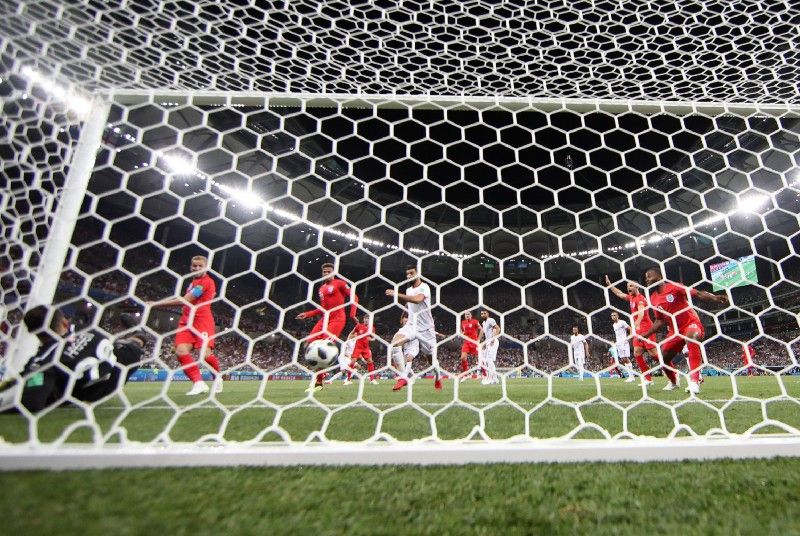Half of humanity tunes in to the World Cup every four years, making it the single most watched event on the planet. True, most people probably see it as an escape from the tumult and tensions of global politics. But we at Signal are incorrigible nerds who just can’t help it… So here are three big political stories that, while watching the World Cup, we JUST CAN’T UNSEE.
Anti-establishment upstarts: Brexit. Trump. Duterte. Five Star. Mahathir (sort of), insert your example here, but knocking the establishment off its perch is all the rage in global politics these days and, at least so far, this World Cup is no exception. For one thing, perennial powerhouses Italy (which has won four cups) and the Netherlands (a reliably strong team which has been to the finals the most times without winning) inexplicably failed even to qualify.
Now, in the early days of play, we’ve already seen some startling upsets: Mexico beat defending champs Germany, causing an actual earthquake back home, and tiny Iceland, playing in its first world cup ever under the direction of a part-time dentist, managed a tie against mighty Argentina (cue jokesabout how Argentina has big trouble with tiny islands). Throw in Portugal wrestling Spain to a draw, and the Swiss doing the same to tournament favorites Brazil, and disruption is in the air.
Still, a lot of World Cups have kicked off with some upsets — but in the end, a small group comes out on top: in fact, since 1950, just one final match has been played without Brazil, Germany, Argentina, or Italy in it. And who could forget English football god Gary Lineker’s famous definition of football as “a simple game, in which 22 men chase a ball for 90 minutes and in the end, the Germans win.” Will that idea hold, or is another expert opinion about to get sent off?
Spy games: The World Cup is a contest among nations and all nations spy on each other, full stop. Some are just better at it than others.
A few weeks ago, a random Swedish fellow showed up at the South Korean team’s training facility in Austria, pretending to be a “tourist.” They kicked him out. So he drove up a nearby mountain overlooking the pitch and paid a local couple to let him set up shop in their house with a telescope and a camera. His mission: record and report on Korea’s tactics in order to help the Swedes win in their upcoming World Cup match.
Of course, the only thing that trumps good intelligence is better counterintelligence — so to confuse the Swedish tourist/mountaintop-peeper, the South Korean coach switched his players’ numbers from practice to practice because, he said, “it is very difficult for Westerners to distinguish between Asians, and that’s why we did that.”
Sweden defeated South Korea 1–0 on Monday.
The (hi)stories in the rosters: World Cup players must be citizens of the countries that field them, and yet dozens of them weren’t actually born under the flags they play for. The story of the moment there, of course, is that the debate about immigration and naturalization is setting fire to politics in the US and Europe almost daily (see Germany above).
But there’s also a broader historical sweep written into these rosters:
The legacy of French colonialism in the dozens of French-born players who have gone to play for Morocco, Senegal, and Tunisia, where they have family ties.
The anguish of the former-Yugoslavia in the 1990s, reflected in the number of ethnic Serbian, Croatian, and Kosovar players on Switzerland’s roster.
The story of how a booming post-war West German economy would ultimately transform German society by admitting hundreds of thousands of low-wage Turkish “guest workers” in the 1960s, among them the grandparents of Germany’s (and Arsenal’s) star midfielder Mesut Özil.
World history written in the rosters of the World Cup. What other stories do you see here?
